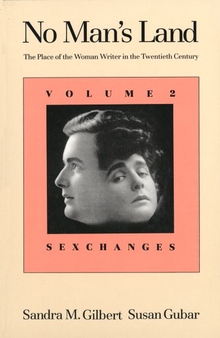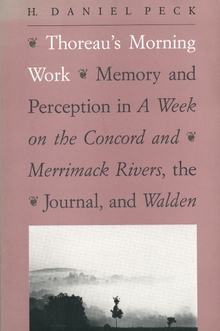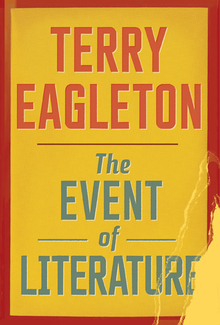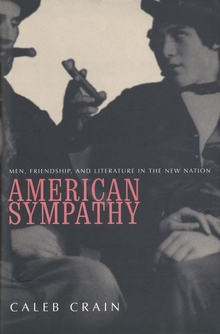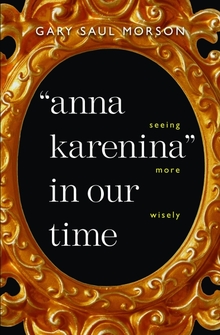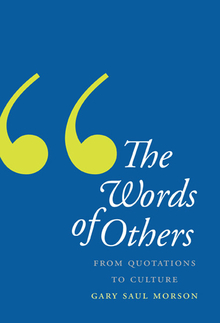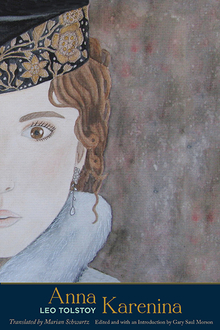Narrative and Freedom
WARNING
You are viewing an older version of the Yalebooks website. Please visit out new website with more updated information and a better user experience: https://www.yalebooks.com
The Shadows of Time
Gary Saul Morson
Morson asserts that the way we think about the world and narrate events is often in contradiction to the truly eventful and open nature of daily life. Literature, history, and the sciences frequently present experience as if contingency, chance, and the possibility of diverse futures were all illusory. As a result, people draw conclusions or accept ideologies without sufficiently examining their consequences or alternatives. However, says Morson, there is another way to read and construct texts. He explains that most narratives are developed through foreshadowing and "backshadowing" (foreshadowing ascribed after the fact), which tend to reduce the multiplicity of possibilities in each moment. But other literary works try to convey temporal openness through a device he calls "sideshadowing." Sideshadowing suggests that to understand an event is to grasp what else might have happened. Time is not a line but a shifting set of fields of possibility. Morson argues that this view of time and narrative encourages intellectual pluralism, helps to liberate us from the false certainties of dogmatism, creates a healthy skepticism of present orthodoxies, and makes us aware that there are moral choices available to us.
"A work of major importance that ought to engage the attention of a broad audience of intellectual readers."—Robert Alter, Princeton University
"An original and profound work that will go far toward rehabilitating what the vanguard criticism of the past generation has lightly discarded: in Morson's words, 'the elusive wisdom of great writers.'"—Frederick Crews, University of California, Berkeley
"Morson's book is an intelligent, provocative and generously particularized contribution to the understanding of time and human value."—Steven Connor, Times Literary Supplement
"Developing the highly insightful and useful concept of sideshadowing, [Morson] contributes profoundly to an understanding of the ethical dimensions of time and narration, both in literary texts and in human lives."—David Patterson, Cross Currents
"Morson has written an immensely stimulating book that will repay the attention of any student of narrative. It should be added as well that it has the all-too-rare virtue of genuine panache."—Richard A. Rosengarten, Journal of Religion
"A brilliant contribution to this somewhat cacophonous conversation about time and 'temporality'. . . . Clearly written, philosophically subtle, and metaphorically rich, Narrative and Freedom will become a necessary book for literary scholars anxious to sort out the meaning of time in narrative structures. In an age of entertainment, when a cornucopia of narratives lure people in a thousand directions, Morson's work may have advantages that even he has not foreseen."—Leslie E. Gerber, Magill's Literary Annual
Publication Date: September 10, 1996


